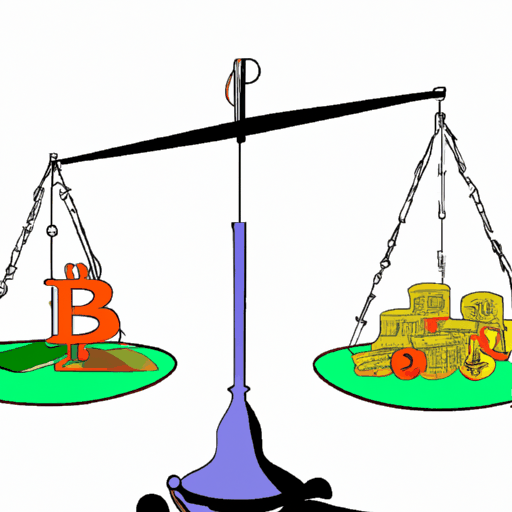
Mt. Gox Transfers Over $2 Billion in Bitcoin Amidst Extended Repayment Schedule
By: Eliza Bennet
In a significant move reflecting ongoing financial activity, the defunct cryptocurrency exchange Mt. Gox has transferred more than $2 billion worth of Bitcoin into newly created wallets. According to data from blockchain analytics firm Arkham Intelligence, on November 4, a substantial transaction was initiated consisting of over 30,371 BTC directed to an unidentified address, "1FG2C," followed by another 2000 BTC to a different address labeled "15gNR." These activities have reignited speculation regarding the exchange's strategies concerning its remaining Bitcoin assets.
Despite such significant transfers, Mt. Gox maintains a balance of approximately 44,378 BTC, valued at an estimated $3.04 billion. As noted by another blockchain analytics platform, SpotOnChain, the Mt. Gox wallet has been highly active, having relocated 32,871 BTC valued at roughly $2.22 billion over the past four days into various blockchain wallets. Of this, merely 296 BTC worth about $20.13 million were funneled into wallets associated with major crypto exchanges OKX and B2C2.
This movement has resulted in discussions around Mt. Gox’s strategy regarding its remaining assets and the potential market ramifications. Since the infamous hack in 2014, which resulted in the loss of up to 950,000 BTC, the exchange has been gradually repaying creditors with Bitcoin and Bitcoin Cash through significant platforms such as Kraken, Bitstamp, and BitGo. Most recently, Mt. Gox has extended its timeline for complete reimbursement to October 31, 2025, providing further time to fulfill obligations towards owed creditors.
The ongoing redistribution efforts, despite the extended repayment deadline, underscore the intricate challenges faced in settling longstanding debts resulting from one of the industry's most substantial hacking events. As Mt. Gox navigates these complexities, its activities continue to impact creditor expectations and stir speculative discussions within the cryptocurrency ecosystem, reflecting the enduring legacy of this significant chapter in digital finance history.



